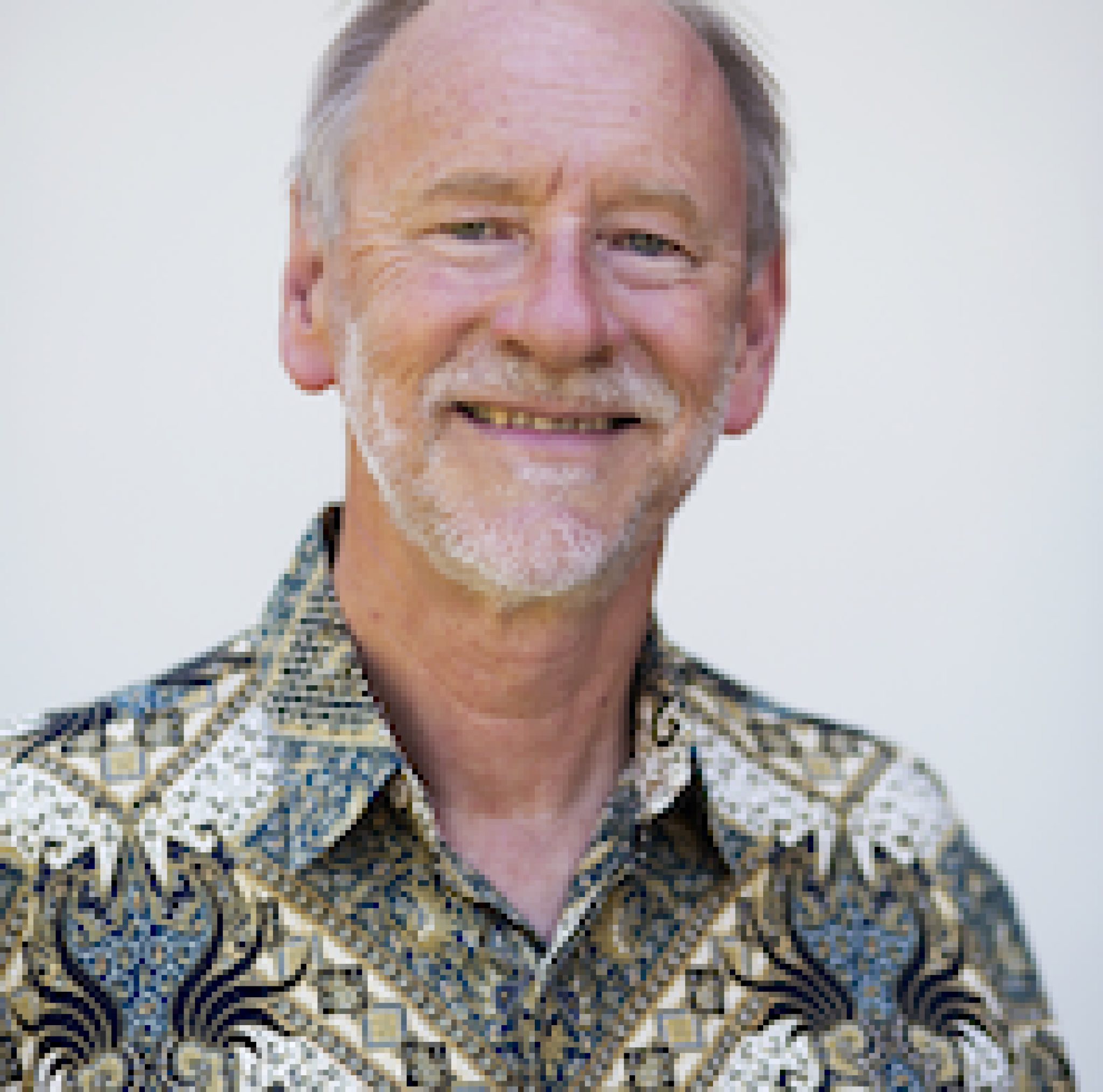Hal Hill is the H.W. Arndt Professor Emeritus of the Southeast Asian Economies. He is the author/editor of 20 books and about 170 journal articles and book chapters on the Southeast Asian economies. He is a Fellow of the Academy of Social Sciences of Australia and in 2020 was appointed an Officer of the Order of Australia.
Being posted to Indonesia? Thinking about exporting to or investing in Indonesia, or simply interested in the world’s 10th largest economy and 4th largest population? This is your chance to learn from world experts on the Indonesian economy in a two-day equivalent course.
Founded in 1965 and now the world’s largest research centre on the Indonesian economy outside Indonesia, the Australian National University’s Indonesia Project has trained generations of renowned researchers and policy makers working both within and outside Indonesia. During this short course our experts will help you achieve an in-depth, up-to-date but at the same time big-picture understanding of the Indonesian economy and policy environment.
Course overview
Topics include:
- Introduction to the Indonesian economy
- Introduction to the political, historical, and cultural context of Indonesia
- Overview of the public sector and economic policy in Indonesia
- Overview of trade and investment in Indonesia
- Overview on the political economy underlying the development of policies for accelerated resource extractions and environmental issues in Indonesia
- Discussion of important features of the Indonesian labour market
- Discussion of the issues and policy aspects of the health systems in Indonesia with a focus on COVID-19 pandemic responses
- Discussion of the legislative and policy frameworks that shape gender relations and the position of women in Indonesia
Learning outcomes:
- Understand the Indonesian economy and its development dynamics
- Understand the political, historical and cultural context within which to think about economic issues in Indonesia
- Understand the structure of public sector in Indonesia
- Understand policymaking at central and local levels
- Understand the political economy dimensions of policymaking
- Understand why open trade and investment policy is important
- Understand the dynamics of Indonesia’s trade and investment policies in historical context
- Understand the pros and cons of open policies, e.g. the tension between joining the global value chain and protecting domestic industries
- Understand the key issues in resource and environmental management in Indonesia
- Understand the political economy underlying policies in the areas of resources and environment
- Be able to critically analyse the main resource and environmental issues during the New Order
- Be able to communicate some reforms needed in the areas of resources and environment in Indonesia
- General understanding about what’s unique about Indonesia’s labour force and labour market
- General understanding about the labour regulations in Indonesia
- General understanding about the challenges faced by the Indonesian labour force and labour market and possible contributions foreign aid and foreign businesses can make
- Understand the health, nutrition, and epidemiological transitions experienced by Indonesia in recent decades
- Understand the health system challenges in Indonesia
- Understand Indonesia’s COVID-19 responses and outcomes
- Understand the key policies and laws relating to gender and women’s status
- Understand the challenges in achieving gender equality and women’s empowerment
- Understand the opportunities for achieving greater gender equality and women’s empowerment
- Knowledge of the gendered impacts of COVID-19
Who should attend?
- Anyone interested in knowing more about Indonesia's economy and policy development
Presenter
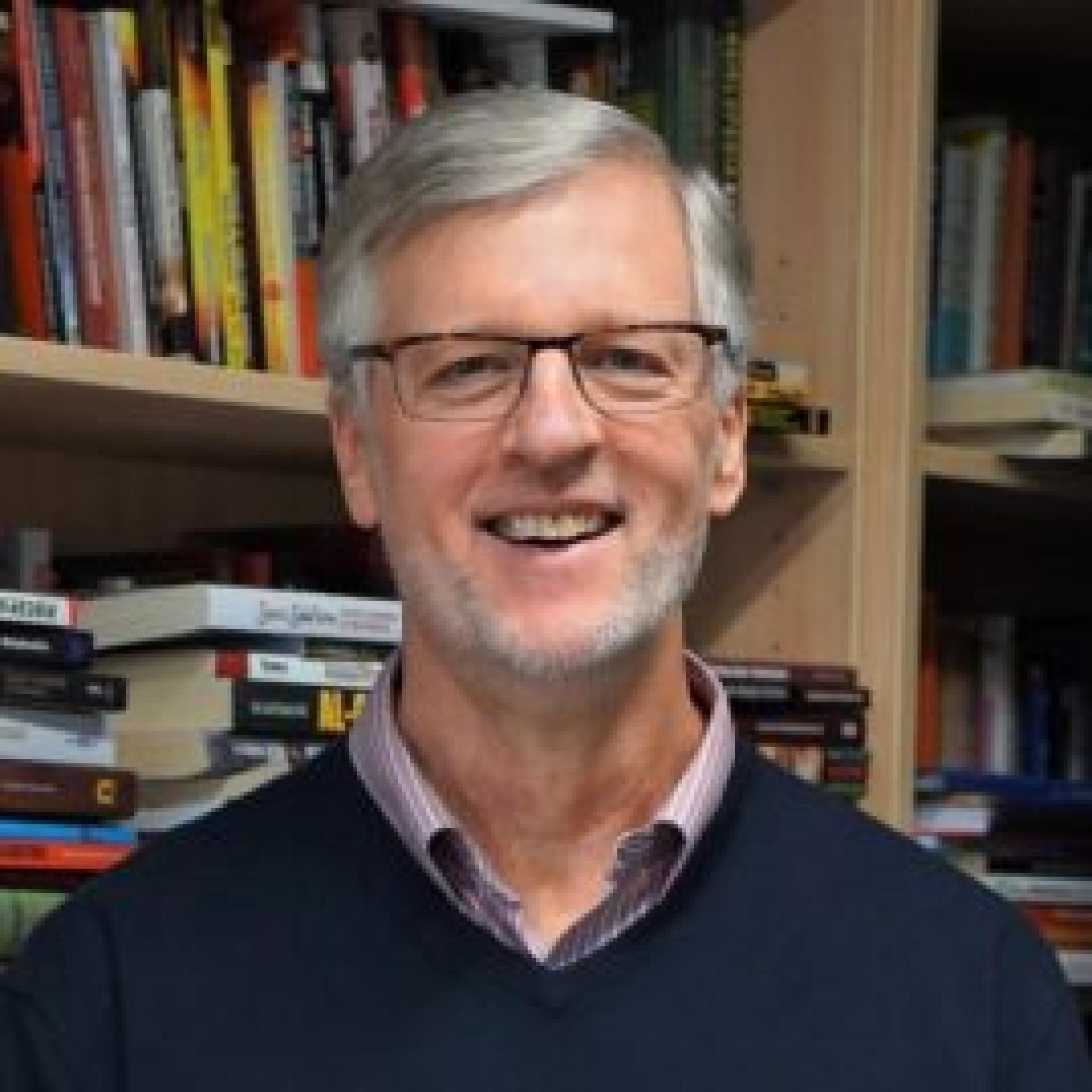
Greg Fealy
Greg Fealy is a scholar of Indonesian politics and history. He has written extensively on the politics and culture of major Islamic parties and organisations such as Nahdlatul Ulama, PKS and Hizbut Tahrir, as well as jihadist groups. He was appointed a Member of the Order of Australia in 2021 for services to tertiary education and Australia-Indonesia relations.

Blane Lewis
Blane Lewis is a Professor at Crawford School of Public Policy, the Head of ANU Indonesia Project, and the Lead Editor of the Bulletin of Indonesian Economic Studies. His research focuses on issues related to intergovernmental fiscal relations, local public finance, and local political economy in Indonesia. He also worked many years as a policy adviser in Indonesia.
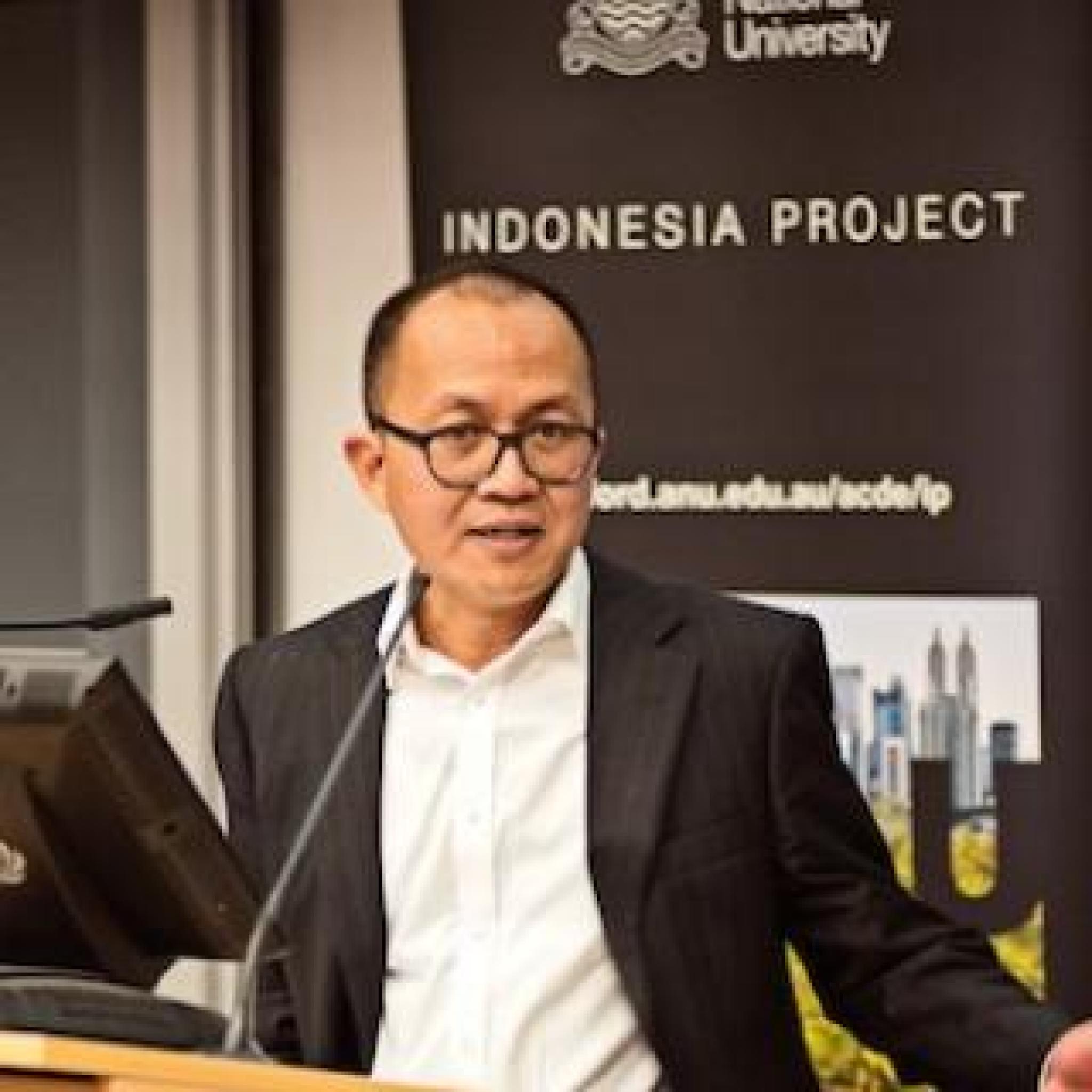
Arianto Patunru
Arianto Patunru joined the ANU Indonesia Project in 2012. He was previously the Head of the Institute for Economic and Social Research in Jakarta while teaching economics at the Department of Economics and Business, Universitas Indonesia. His main research areas are trade, industry and globalisation.
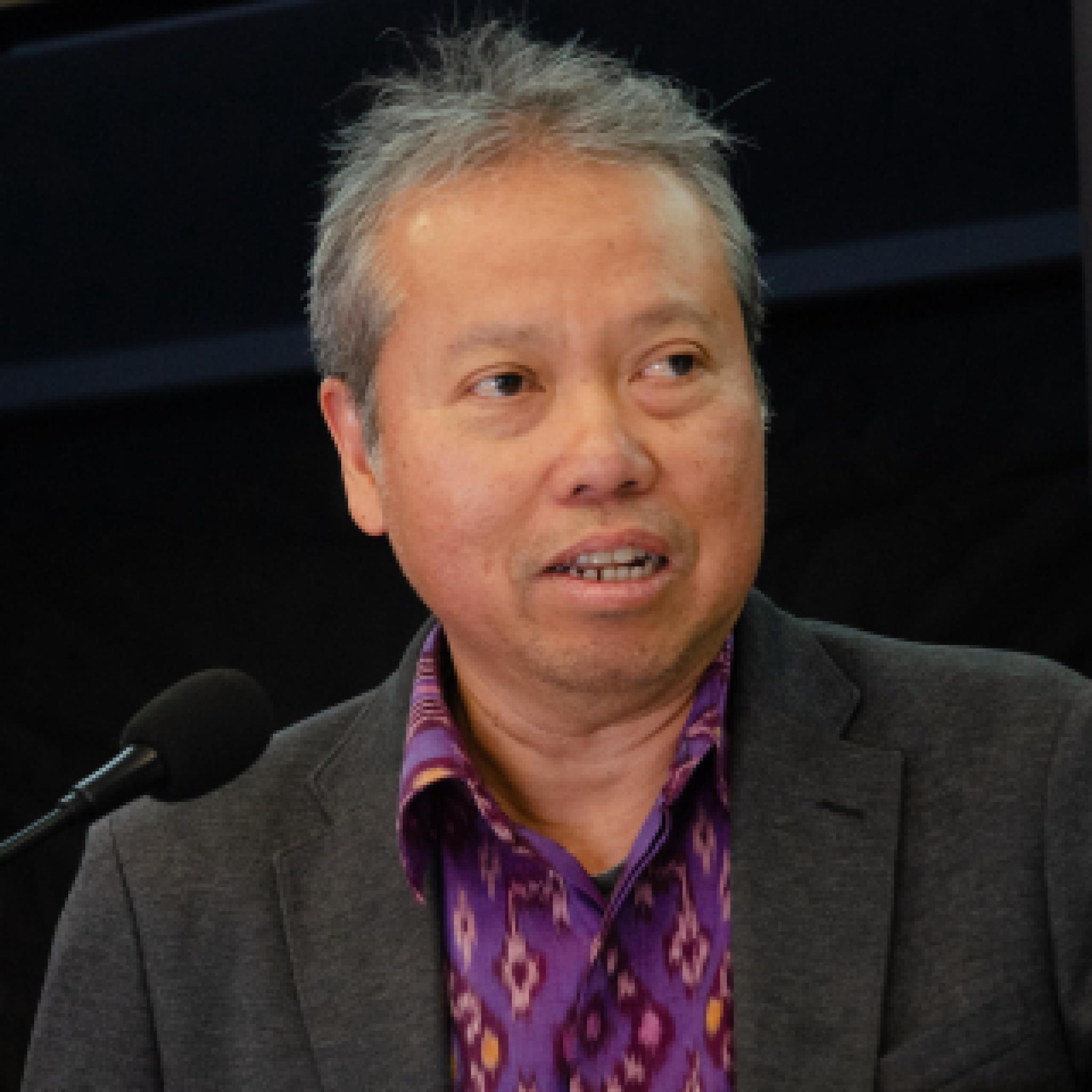
Budy Resosudarmo
Budy Resosudarmo is Professor at Crawford School of Public Policy who specialises in environment and resource economics. His research focuses on interlinks between natural shocks and environmental condition and local economies, household incomes, human development and the environment, and investigating the political economy of environmental policies and resource utilisation.
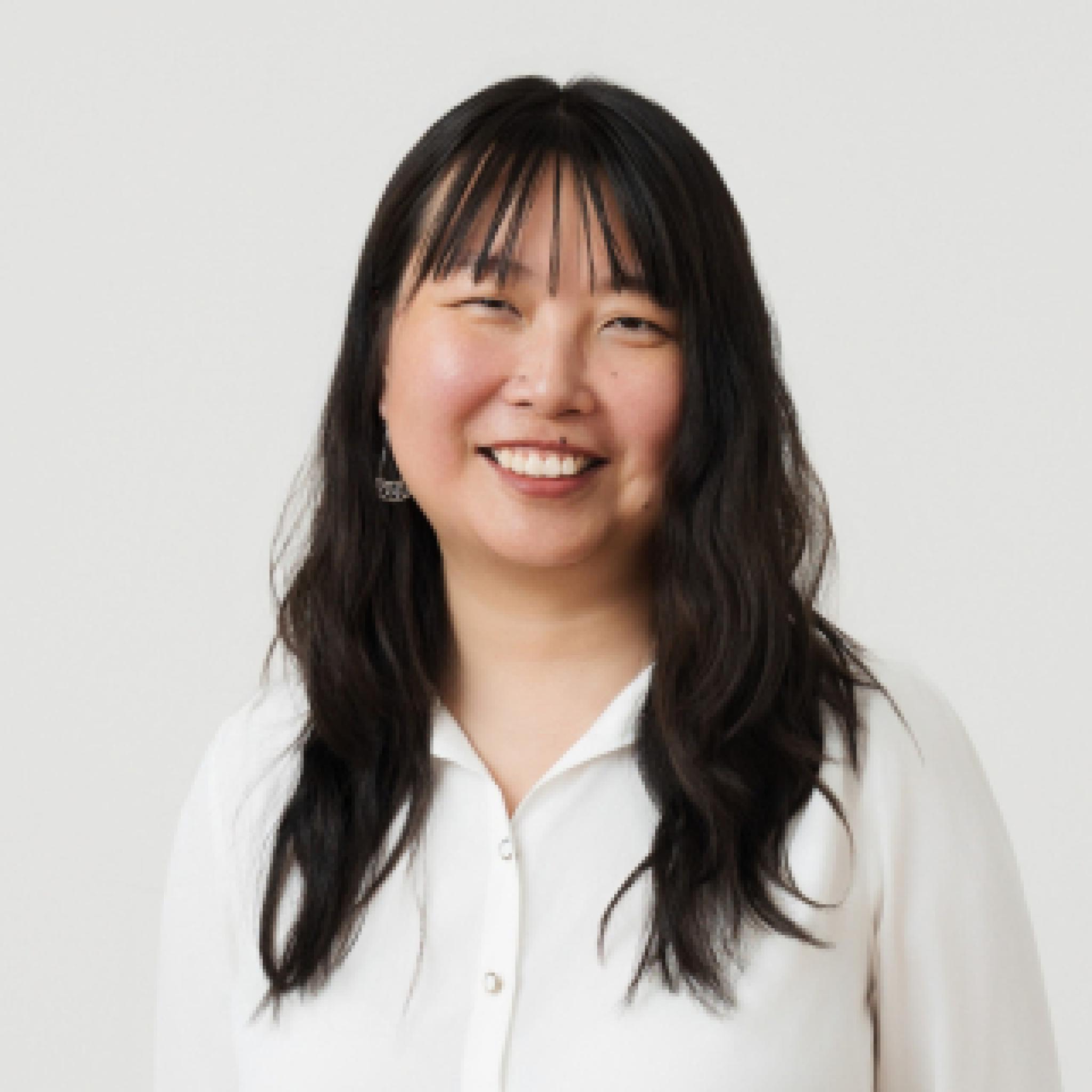
Sarah Xue Dong
Sarah Dong joined the ANU Indonesia Project in 2014 and is a Fellow at the Crawford School of Public Policy. She specialises in labour economics and policy impact evaluation. Her current research projects focus on tax policy, economics of the informal sector, women’s labor market choices and women’s intra-household bargaining power.
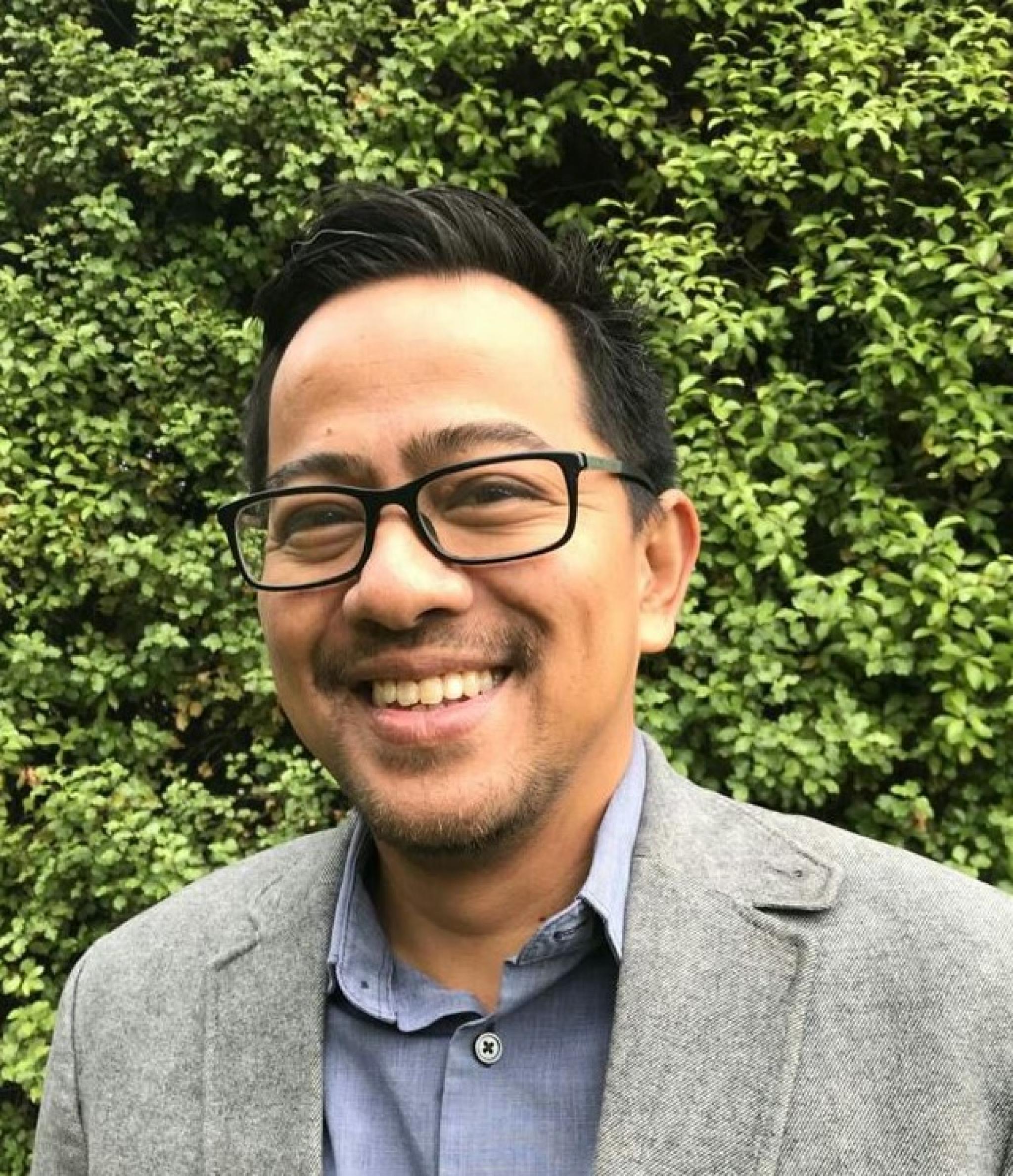
Firman Witoelar Kartaadipoetra
Firman Witoelar Kartaadipoetra joined the ANU Indonesia Project in 2018. Previously he was the research director of SurveyMeter, a research organisation based in Yogyakarta, Indonesia. His research looks at a broad range of development issues, including health, aging, education, gender, and poverty. He also specialises in survey design and impact evaluation.

Sharon Bessell
Sharon Bessell is a Professor at the Crawford School of Public Policy, and the Director of the Children’s Policy Centre, and of the Poverty and Inequality Research Centre. In 2019 she was named as one of the Australian Financial Review’s Women of Influence.
Sharon’s research interests revolve around issues of social justice and human rights, focusing on two broad areas.

